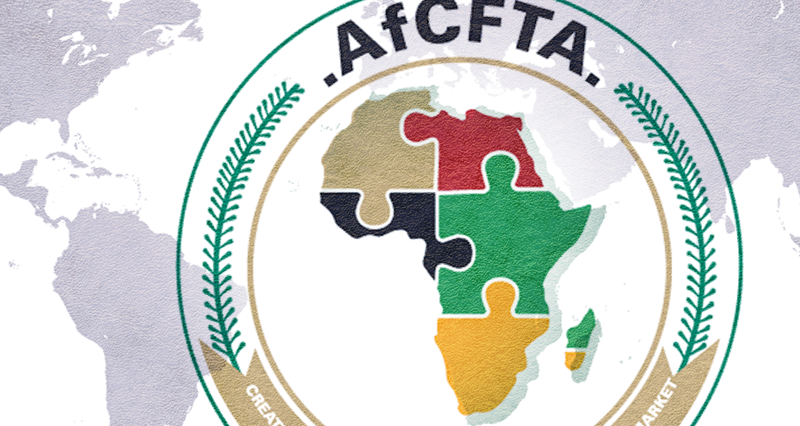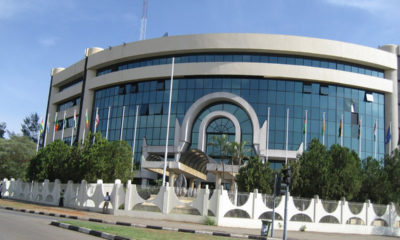Analysis of the current African market by boutique investment bank DAI Magister, reveals that investors have so far bucked macrotrends by exhibiting confidence in investing into African businesses, particularly in first and second round raising.
However, nascent start-ups are facing difficulty, with just half the number of accelerator deals taking place in Q2 2022 compared with Q2 2021.
DAI Magister has analysed the African market over the past four to six weeks in anticipation of the upcoming fundraising season, to assess the challenges and requirements for key finance functions through the lens of fundraising.
The global investment market overall has declined, with many investors treading cautiously. However Africa’s ecosystem has experienced two very strong quarters in the first half of 2022. June 2022 was the market’s strongest June yet, while Q2 and H1 2022 were also the strongest performing Q2 and H1 on record. The ‘big four’ venture capital markets in particular have seen capital flow into their regions, particularly Kenya, Egypt and Nigeria while South Africa has remained neutral.
According to DAI Magister, in the past few weeks African raises have definitely slowed, with the general pace of activity more moderate than this time last year. However, capital is continuing to flow into deals where companies can demonstrate a clear path to profitability and an open market to continue to scale. Also, Africa continues to have high structural growth rates, which are much higher than the rest of the world, and an ecosystem of startups that are geared towards solving primary ‘must have’ needs.
Risana Zitha, Head of Africa at DAI Magister said: “We’re building an interesting picture of the mindset of an investor looking to pool their resources into African businesses. There is an increased emphasis on compliance and capital efficiency, and many companies are exploring dual track mergers and acquisitions (M&A). In fact, all African M&A deals we’ve been a part of recently have been dual tracks.”
Growing businesses in the African market are in a constant state of raising capital, and it is essential that businesses have repeat, successful rounds to stay competitive. However, it’s no longer the seller’s market that many African investors and startups saw in 2021. Now it’s a more balanced picture, with many investors taking more time and being more choosy than this time last year.
Risana continued: “We’re seeing that the rules have changed since last year. Restructuring to cut costs was not on the agenda in 2021, but now, businesses are being open about layoffs – and it’s being encouraged.
“Investors have formed strong views on what they ‘like’ and ‘don’t like’, which is very different to even just a year ago. In response to this, African businesses need to debate whether they take a radical approach to rethinking their business model and how they make their money, or whether they need to make minor adjustments in order to attract investment during a period of balance. Also, it’s important to remember that successfully raising even a smaller amount than originally anticipated has far more value in the current environment. Basically, a $ raised now is worth far more than a $ raised 12 months ago, because many competitors are seeing fundraisings delayed, and capital is always far more valuable when others do not have it..
“Flexibility is crucial to ensure that businesses are responding to the market so get that all-important ‘yes’ from investors.”
While the fundraising market overall is growing steadily, nascent start-ups are having a harder time raising capital. Just 16% of deals in Q2 2022 were accelerator, compared with 32% in Q2 2021.
Risana added: “There has been a significant decrease in accelerator deals when comparing Q2 2022 and Q2 2021. This is in part due to decrease in first time investors from the US and Europe, increase in financing in later rounds and an increased level of sophisticated questions from investors.
“Startups are likely to have less experience raising investment, so it’s essential that they’re able to take advantage of the growing market. This can only be done with the right guidance and resources to ensure they can make a success of their business and reap the benefits of the increased funding we’re seeing in later rounds.
“The same goes for businesses in Africa of all sizes. It’s a volatile time no matter what round you’re raising, and we’re seeing the need for leaders to begin to think differently about their business and approach to fundraising.”

















